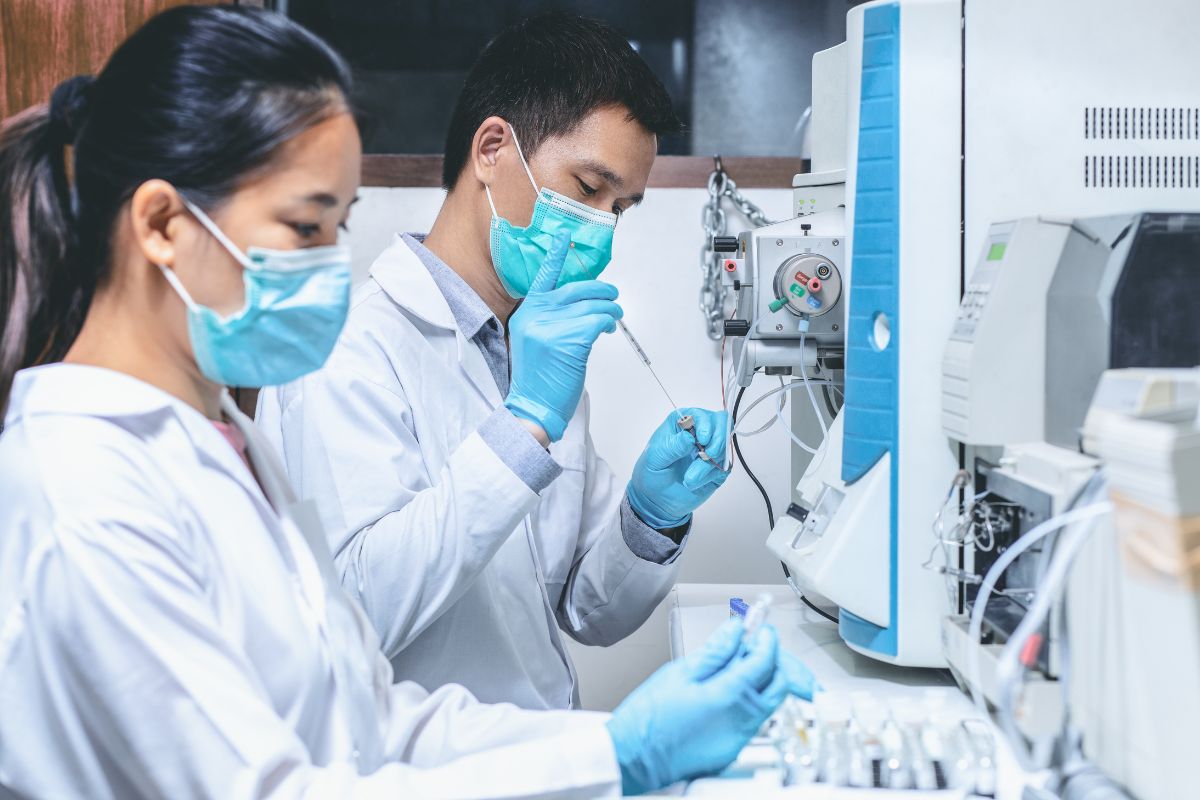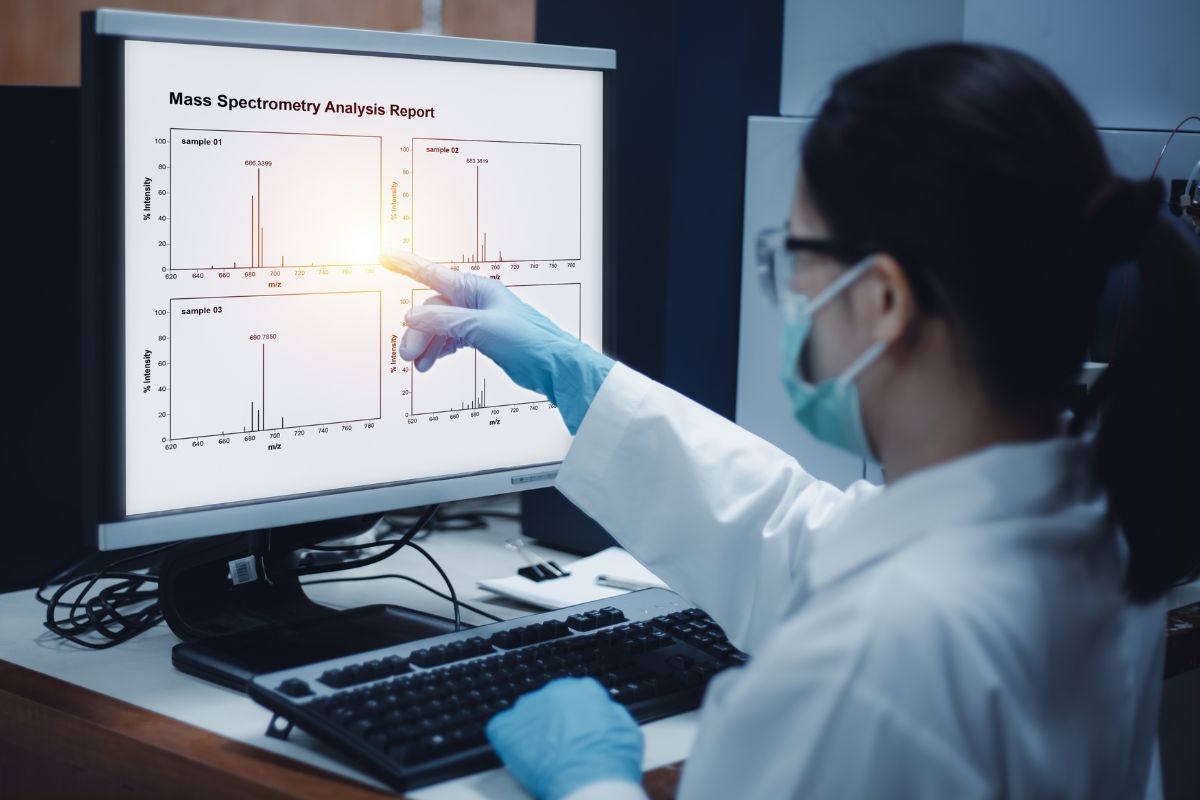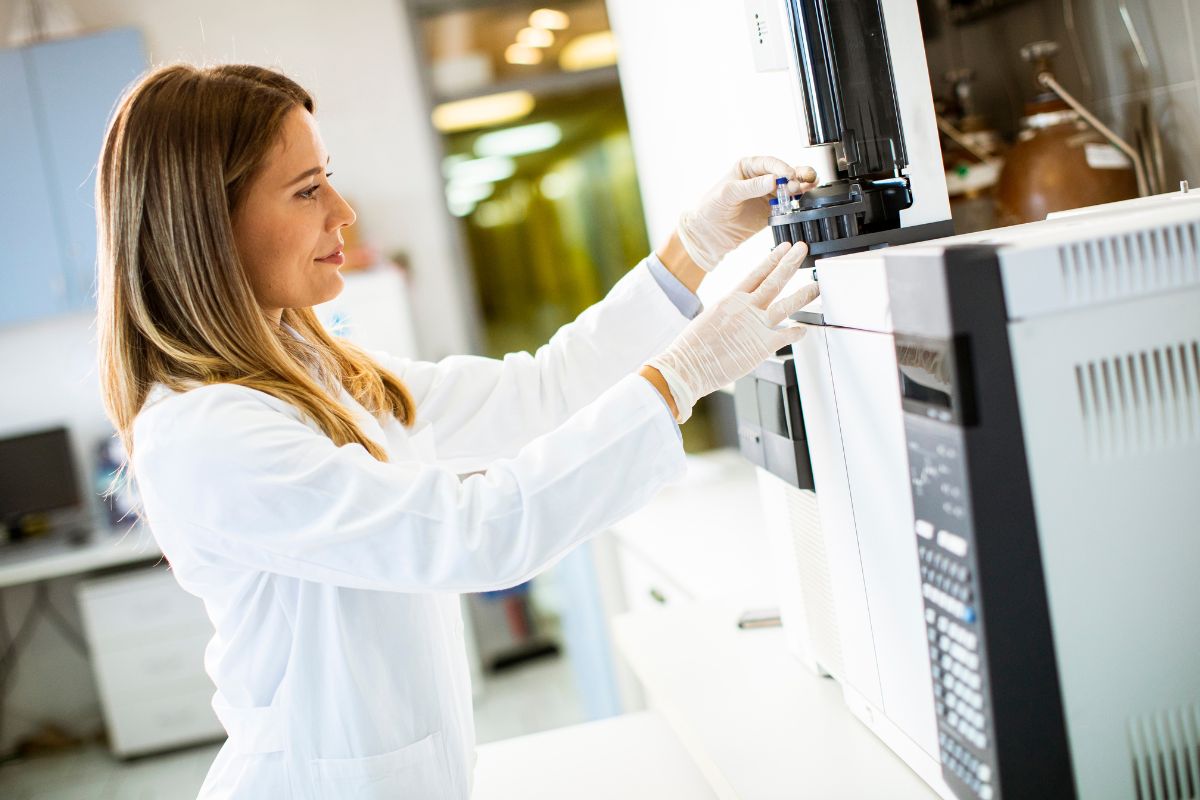With its capacity to evaluate trace elements in a wide range of samples with a high level of accuracy and sensitivity, it is no surprise that Inductively Coupled Plasma Mass Spectrometry (ICP-MS) has easily gained popularity in various scientific disciplines, ranging from environmental science to biomedical research.
ICP-MS combines mass spectrometry (MS) with inductively coupled plasma (ICP) to quantify elements at ultra-low concentrations.
This article will explore the fundamentals of ICP-MS, its various uses, and the advantages it provides to researchers.
Post Contents
Understanding The ICP-MS Process
Combining two potent techniques in the name of MC and ICP, ICP-MS utilizes an inductively coupled plasma as its ionization source, into which a high-temperature plasma torch ionizes the material inserted into it.

An ion stream is produced during this ionization process, and it is subsequently added to the mass spectrometer.
The ions produced in the plasma are sorted in the mass spectrometer according to their mass-to-charge ratio (m/z). The elements contained in the sample can be identified and quantified thanks to this separation.
Even at trace levels, ICP-MS can precisely measure the concentration of several elements at once by observing the intensity of ions at particular mass-to-charge ratios.
Tools Used In The ICP-MS Process
Modern ICP-MS systems use advanced instruments, including quadrupole mass filters, collision/reaction cells, and detectors that can accurately and sensitively identify a wide spectrum of elements.
With the use of these tools, researchers can easily customize analytical techniques to meet their unique set of requirements.
Advantages of ICP-MS
ICP-MS has become an invaluable tool for many industries, and there are many reasons why. Here are some advantages of using ICP-MS over other systems:
Elevated Selectivity and Sensitivity
Parts per trillion (ppt) concentrations of elements can be detected thanks to the unmatched sensitivity and selectivity of ICP-MS.
Because of its extraordinary sensitivity, researchers may examine intricate matrices and find trace elements in difficult-to-reach samples.
Analysis Multiplexed
ICP-MS’s capability to carry out multiplexed analysis—in which several elements can be simultaneously quantified in a single analytical run—is one of its primary advantages.
This feature allows for thorough elemental profiling and quick screening, which greatly increases productivity and efficiency in research labs.
Precision and Accuracy
High degrees of accuracy and precision in elemental analysis are provided by ICP-MS thanks to strict calibration protocols and quality control measures.
Because of its dependability, ICP-MS is a reliable analytical method for both industrial and scientific applications, ensuring reliable and repeatable results.
Broad Analytical Spectrum
ICP-MS is capable of measuring high concentrations and performing ultra-trace analyses, among other analytical tasks.
It has the adaptability to handle a variety of sample types and concentrations, whether it is evaluating environmental samples with low contaminant concentrations or identifying key elements in geological samples.
Elemental Speciation
To do elemental speciation analysis and differentiate between various chemical forms of elements, elemental speciation ICP-MS can be used with chromatographic techniques.
This capacity is very helpful in biological and environmental research, where it’s critical to comprehend the toxicity and bioavailability of particular elemental species.
Applications of ICP-MS
ICP-MS has been widely used over the years. Here are some of the industries that benefit from the advantages of ICP-MS the most:

Environmental Evaluation
Environmental analysis is one of the main uses for ICP-MS. ICP-MS is used by researchers to track contaminants in biological samples, soil, water, and air.
By precisely quantifying trace elements, such as heavy metals and metalloids, ICP-MS assists in determining the levels of environmental contamination and monitoring the effectiveness of remediation activities.
Geological Studies
Rocks, minerals, and geological samples can all be analyzed using ICP-MS, which is widely used in geological investigations.
Researchers can learn more about mineral creation, Earth’s history, and geological processes by figuring out these minerals’ elemental composition.
Biomedicine and Pharmacology Research
ICP-MS is essential for drug development, pharmacology, and biomonitoring research in the pharmaceutical and biomedical domains.
It is used by researchers to measure trace elements in drug formulations, evaluate metal toxicity, and look into how important elements function in biological systems.
Agriculture and Food
By examining trace components in food products, ICP-MS plays a crucial role in guaranteeing food safety and quality.
ICP-MS contributes to the maintenance of regulatory requirements and the protection of public health by detecting heavy metal pollutants and evaluating the nutritional content of agricultural goods.
Nanotechnology
It is easier to characterize nanoparticles and nanostructures in the rapidly developing field of nanotechnology thanks to ICP-MS.
Researchers can evaluate the potential applications of nanoparticles in different industries and refine production procedures by precisely assessing the elemental composition and size distribution of these particles.
ICP-MS: Pushing Sciences Forward
Modern analytical chemistry relies heavily on ICP-MS, which provides researchers with unparalleled capabilities in elemental analysis.
To advance scientific knowledge and solve practical problems, ICP-MS is essential for anything from environmental monitoring to biological research.
ICP-MS continues to enable researchers across a wide range of fields, spurring innovation and discovery in the pursuit of a deeper knowledge of the world around us, thanks to its high sensitivity, multiplexed analysis, and wide analytical range.






























